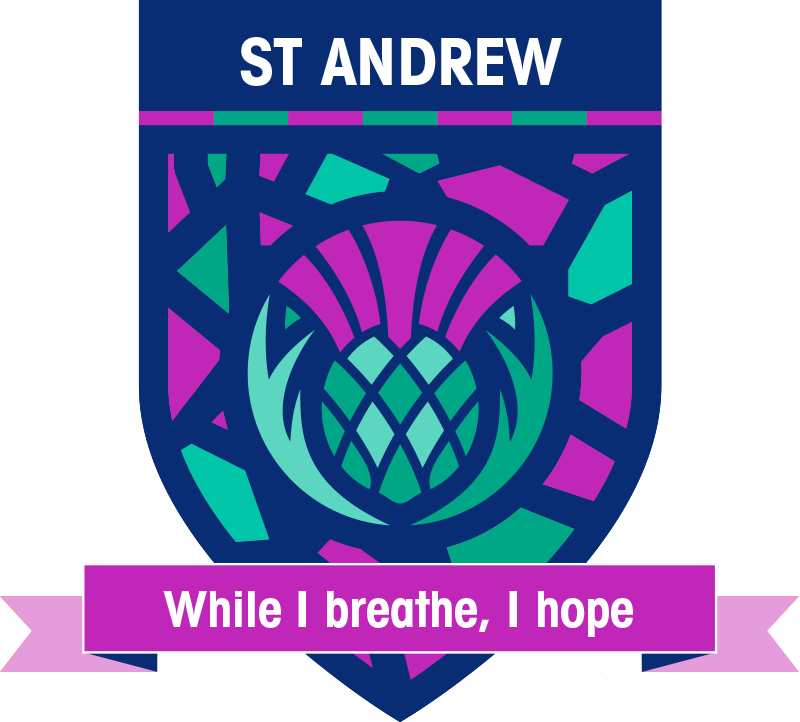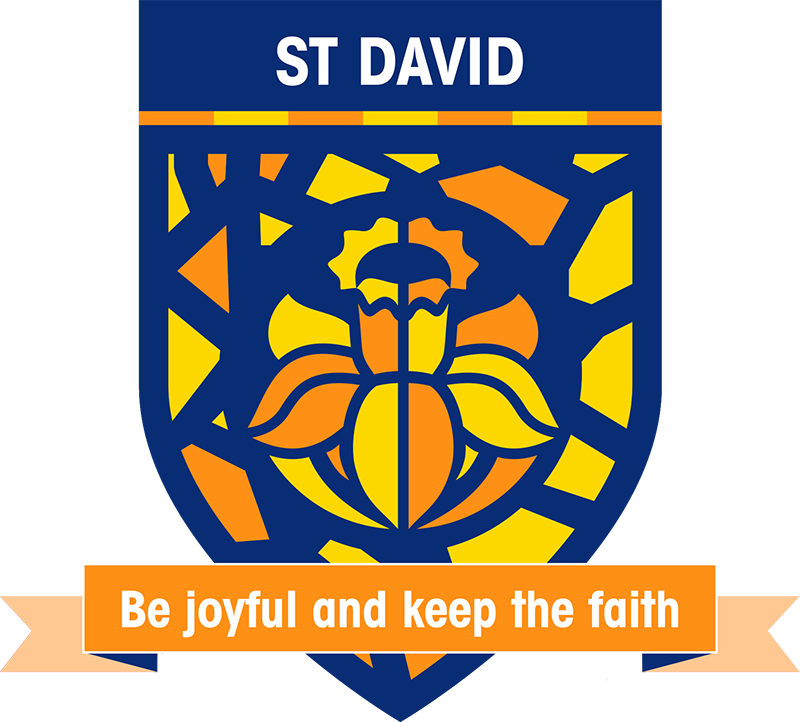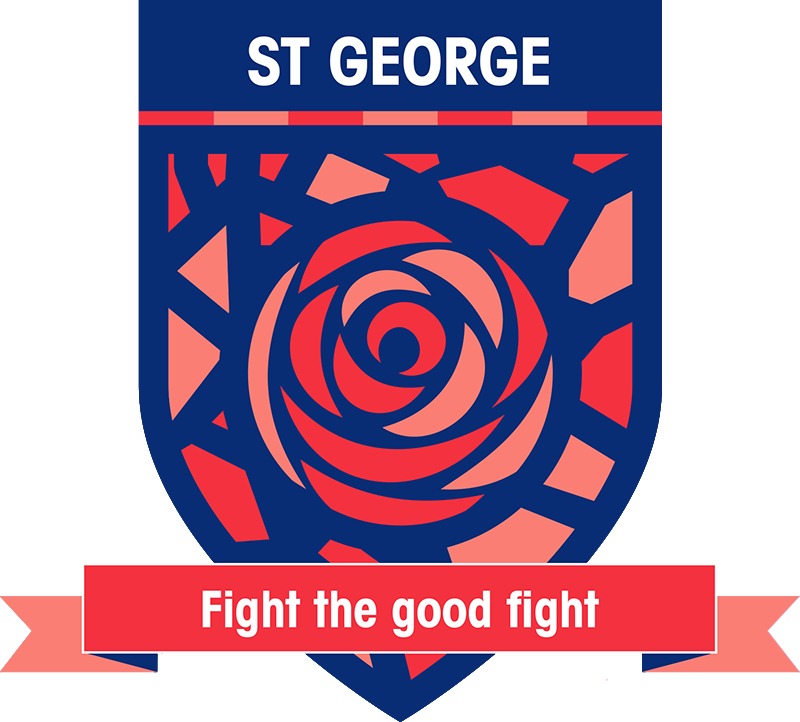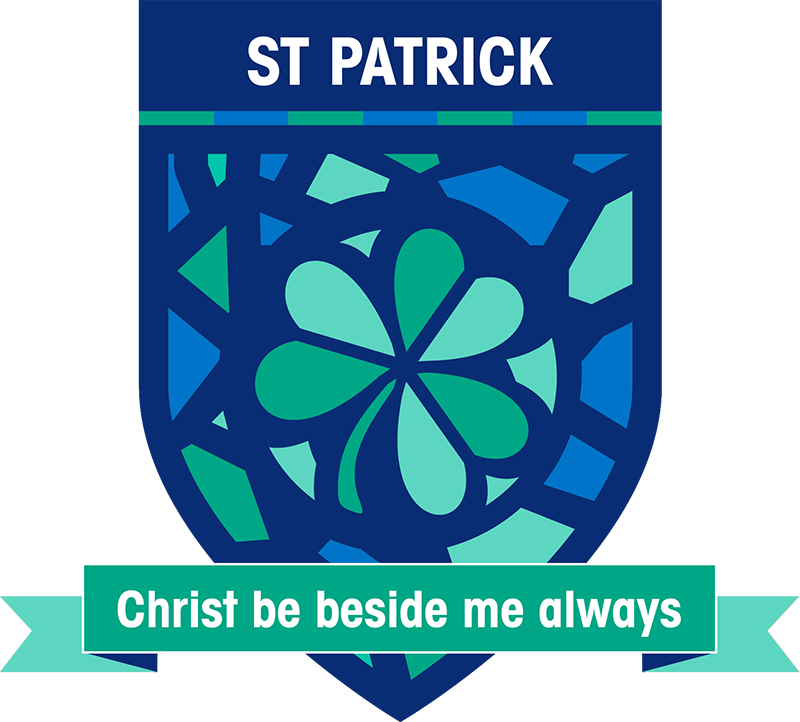Pupil Wellbeing
Like any community, there will be children, young people and adults experiencing significant loss, separation, bereavement and trauma. Additionally, there will be many experiencing emotional health concerns such as anxiety and depression, amongst others. This will be unique to each child and family and their individual circumstances.
As a school we understand the potential impact on the children, young people and families within our community. Therefore, we have put together a collection of resources for parents/carers and children and young people to access:
Lancashire Nest – Nest Lancashire has been set up to support young people aged 8 to 18 who have been affected by crime or subjected to bullying, threats or harassment. You can talk to us in confidence and all of our services are free of charge.
Happyful is an online magazine supporting good mental health: https://read.happiful.com/
Stem4 offers tips for managing anxiety. Some specific to coronavirus: https://stem4.org.uk/ and also: https://stem4.org.uk/resources/
Lancashire Mind works to support children and young people with their mental health. Their work is now very much in demand: https://www.lancashiremind.org.uk/pages/24-children-and-young-people
Another source of guidance and support related to children and young people’s mental health and emotional wellbeing is available through the Healthy Young Minds website. Healthy Young Minds was formed from the Children and Young People’s Emotional Wellbeing and Mental Health Transformation Programme, which was established to deliver a five-year programme of transformation work across Lancashire and South Cumbria. The overarching aims for the Transformation Programme is to improve the resilience, emotional wellbeing and mental health of children and young people, making it easier for them, their families and the professionals who work with them to access advice, help and support when they need it and to improve the standard of mental health services across Lancashire and South Cumbria.
https://www.healthyyoungmindslsc.co.uk/home
We Are With You – Addaction/ We Are With You (WAWY) (formerly Young Addaction) are still offering support to young people under 25 with regard to substance misuse and wellbeing remotely: https://www.wearewithyou.org.uk/
Positive Action in the Community – offers projects supporting young homeless people and those living with domestic violence: https://www.p-a-c.org.uk/projects/
Clinicians at the Anna Freud Centre have developed seven ways they consider to be best practice in responding to children and young people’s fears.
7 ways to support children and young people who are worried: ttps://www.annafreud.org/media/11459/7waysanxiety.pdf
Young Minds – for children and young people
NSPCC-counselling online and support for both young people and families: https://www.nspcc.org.uk/
Reporting Abuse
At Fisher More, we believe that all pupils are treated in a safe and caring way. Abuse of any sort is not tolerated at our school. Please use link below to report concerns you have about any unacceptable conduct.
Signposting to Websites for Bereavement
There are a number of useful websites to access extra information and practical suggestions not necessarily for the current situation but are still relevant which may help as a menu. Here are some suggestions:
https://www.cruse.org.uk/get-help/for-parents
MindEd is a free educational resource on children and young people’s mental health for all adults:
https://www.minded.org.uk/Catalogue/Index?HierarchyId=0_36571_36871_36923&programmeId=36571
Pupils with SEND
A useful link for a social story to support the return to school for pupils with SEND can be found at:
The five ways to wellbeing – Evidence suggests that a small improvement in wellbeing can help to decrease some mental health problems and also help people to flourish. The New Economics Foundation (NEF) on behalf of Foresight, sets out five actions to improve personal wellbeing, these can apply to all ages:
https://www.gov.uk/government/publications/five-ways-to-mental-wellbeing
Childline: provides a chat room, message boards and advice: https://www.childline.org.uk/
Signposting to other Useful Websites:
Barnardo’s published their report ‘Overcoming Poverty of Hope’ by Lianne Smith in July 2019. How would young people respond now?
The sources of information and support identified in this guidance are largely based on general life experiences, unless specific reference is made to COVID-19.
For more detailed information, follow the link: https://www.helpguide.org/articles/ptsd-trauma/coping-with-emotional-and-psychological-trauma.htm
Helpguide.org
https://www.helpguide.org/articles/ptsd-trauma/traumatic-stress.htm
Kooth-site focussed on support for young people. Blogs and journals, web chat with counsellors, community resources:
The Children’s Society
https://www.childrenssociety.org.uk/coronavirus-information-and-support
The Mix
The Samaritans



